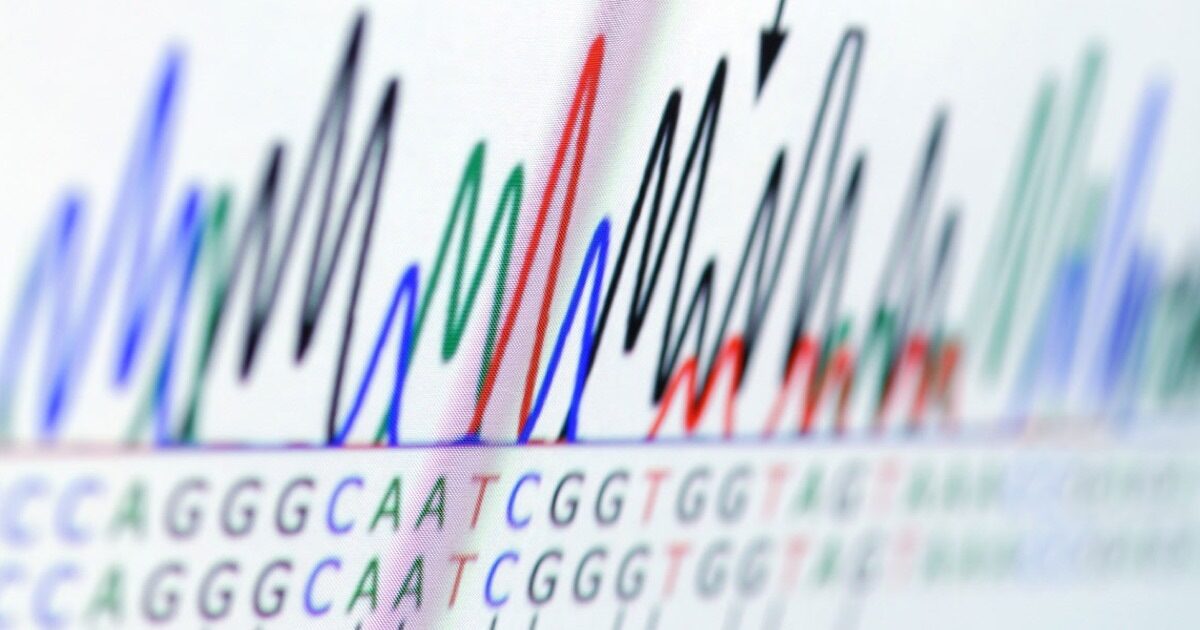Home
Purpose
The key impetus for this Workshop is that research aimed at understanding stromal mutations at different stages of tumor evolution – from initiation to metastasis and treatment resistance – lags severely behind that of traditional cancer cell mutations. Notably, strategies on characterizing the stromal elements – within the mutation-signaling continuum – that are contributing to these various stages of tumorigenesis remain understudied, despite published (yet historical and anecdotal) evidence in support of this notion. Studies on “stromal effects” are often limited to measuring and/or testing for short term/acute biological and biochemical reprogramming and remodeling events linked to stromal cell state(s), stromal landscape/fibrosis, and immune/inflammatory responses. Missing from the analyses is the longer-term implications and ramifications of stromal cell mutational status – be it somatic or germline and/or nuclear or mitochondrial. With the recent technological advances in single-cell technologies, multiparameter imaging, and ability to integrate multi-omics with spatial TME context, the cancer research field is now well positioned to interrogate and detect stroma cell mutation(s) as an added – but missing – layer of cancer predispositions, and dynamic complexities.
Consequently, the purpose of this Workshop is to bring together a community of tumor-stromal biologists and technology experts to:
1. Discuss the state of the science;
2. Evaluate the technological advancements facilitating scientific progress, along with challenges and limitations; and
3. Reach a consensus on key priorities in the field of stromal cell states with an emphasis on pro-tumoral (or tumor suppressive) stroma function driving mutations across the nuclear-mitochondrial genomes.
Agenda
All times are in EDT.
May 2nd
| Day 1 | ||
|---|---|---|
| 11:30 AM – 11:45 AM | Welcome |
Dan Gallahan Mihoko Kai |
| 11:45 AM – 12:00 PM | Logistics |
Mihoko Kai Christina George |
| 12:00 PM – 12:15 PM | Overview 1-Why stromal mutations (and other genomic alterations)? |
Edna Cukierman David Goodrich |
| Stromal Mutations & DNA Repair |
Kai Kessenbrock Mihoko Kai |
|
| 12:15 PM – 1:00 PM | Non-cell autonomous TME alterations from stromal cell mutations | Jan van Deursen |
| 1:00 PM – 1:45 PM | The role of aged stroma/microenvironment in cancer initiation and progression | Peter Adams |
| 1:45 PM – 2:00 PM | Break | |
| Systemic conditions |
Edna Cukierman Christina George |
|
| 2:00 PM – 2:45 PM | Stromal drivers of immune escape during breast tumor progression | Kornelia Polyak |
| 2:45 PM – 3:30 PM | Age-related stromal changes drive breast cancer | Sheila Stewart |
| 3:30 PM – 4:15 PM | Cancer-associated but not cancer-specific: Activated fibroblasts | Boris Hinz |
| 4:15 PM – 5:15 PM | Working group A discussion | David Goodrich |
| 5:15 PM – 5:30 PM | Remarks (Group A) and adjourn for the day | David Goodrich |
May 3rd
| Day 2 | ||
|---|---|---|
| 10:00 AM – 10:15 AM | Welcome |
Mihoko Kai |
| 10:15 AM – 10:45 AM | Overview 2 – Advance in technologies |
Kai Kessenbrock Nick Navin |
| Tech, Cancer Mutation, Evolution, Plasticity |
David Goodrich Nick Navin |
|
| 10:45 AM – 11:30 AM | Genetic changes in non-epithelial cells of human body | Fuchou Tang |
| 11:30 AM – 12:15 PM | Single-molecule mutation analysis as a genome integrity measure | Alex Maslov |
| 12:15 PM – 1:00 PM | Tracking Clonality in tumors and their microenvironments | Ken Lau |
| 1:00 PM – 1:30 PM | Break | |
| 1:30 PM – 2:30 PM | Working group B discussion | Nick Navin |
| 2:30 PM – 2:45 PM | Remarks (Group B) | Nick Navin |
| 2:45 PM – 3:00 PM | Break | |
| 3:00 PM – 3:30 PM | Concluding discussion |
Edna Cukierman Kai Kessenbrock David Goodrich Nick Navin |
| 3:30 PM – 4:00 PM | Closing remarks and meeting adjourned |
Edna Cukierman Kai Kessenbrock |

